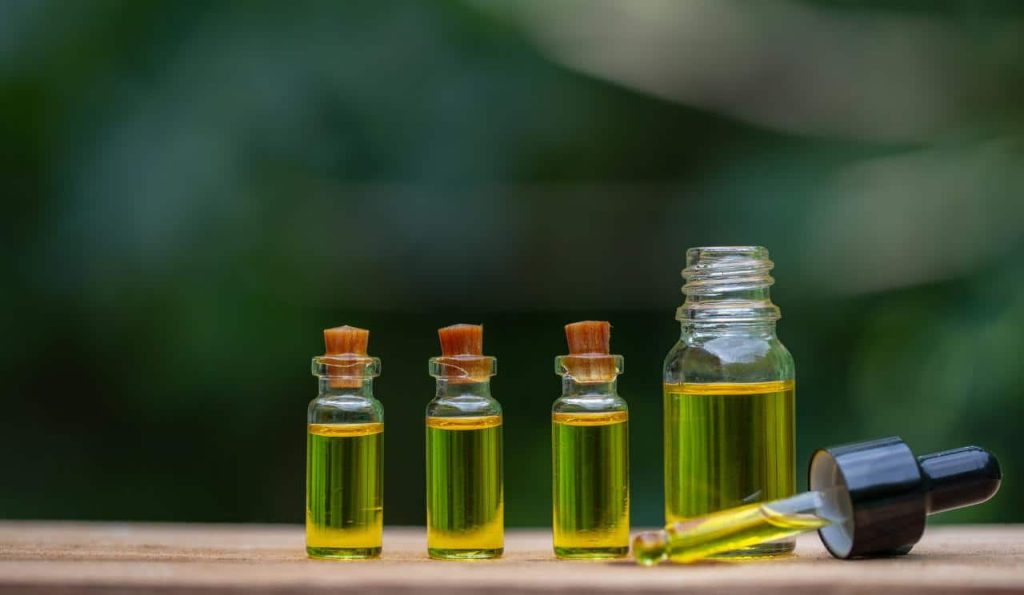HHC Hexahydrocannabinol oil and CBD Cannabidiol represent two distinct cannabinoids with unique properties and effects, each appealing to different segments of the cannabis community. CBD, a non-psychoactive compound found predominantly in hemp, has gained widespread recognition for its potential therapeutic benefits, including reducing anxiety, alleviating pain, and improving sleep without inducing a high. It interacts with the endocannabinoid system in a way that promotes homeostasis and balance within the body, contributing to its broad use in wellness products and treatments. CBD oil, derived from hemp plants, typically contains high concentrations of CBD and is valued for its therapeutic potential and minimal side effects. In contrast, HHC is a relatively new and lesser-known cannabinoid that has emerged more recently in the cannabis market. It is a hydrogenated derivative of THC Tetrahydrocannabinol, the psychoactive component of cannabis. HHC is chemically similar to THC but with added hydrogen atoms, which alters its interaction with cannabinoid receptors in the brain.

This modification can influence its psychoactive effects, potentially making HHC less potent or differently effective compared to THC. Users of HHC may experience mild euphoria or relaxation, but its effects can vary based on individual sensitivity and dosage. One of the key differences between HHC and CBD lies in their psychoactivity. While CBD is celebrated for its non-psychoactive properties, allowing users to benefit from its therapeutic effects without impairment, HHC can produce psychoactive effects similar to THC, though often reported to be milder. This distinction makes HHC appealing to those seeking a more controlled or lighter psychoactive experience compared to the more intense effects of THC. Another difference is in the legal and regulatory landscape. CBD has been broadly accepted and legalized in many places due to its non-psychoactive nature and potential health benefits. HHC, however, occupies a more ambiguous legal status, as it is a relatively new compound and its regulatory standing can vary widely depending on jurisdiction. Users should be cautious and informed about the legality of HHC products in their region.
The manufacturing processes for hhc tincture and CBD also differ significantly. CBD oil is extracted from hemp plants through various methods, such as CO2 extraction or solvent extraction, to ensure a pure and consistent product. HHC, on the other hand, is often synthesized in laboratories from THC or derived through chemical reactions, which can introduce variability in product quality and concentration. In summary, HHC oil and CBD offer distinct experiences and benefits, catering to different preferences and needs. CBD is known for its non-psychoactive therapeutic properties, widely accepted and used for various health-related purposes. HHC, as a newer and psychoactive cannabinoid, provides a different type of experience with potentially milder effects compared to THC. Understanding these differences can help consumers make informed choices based on their desired outcomes and legal considerations.